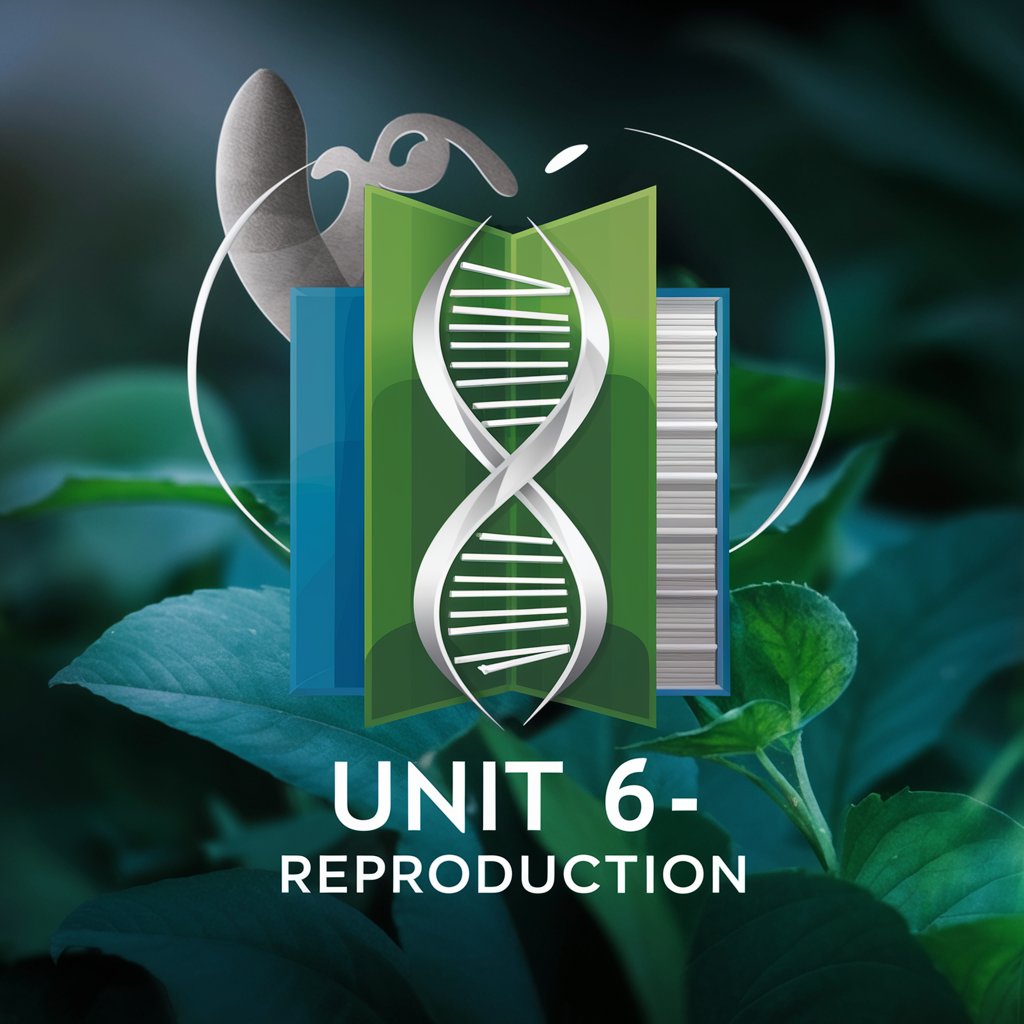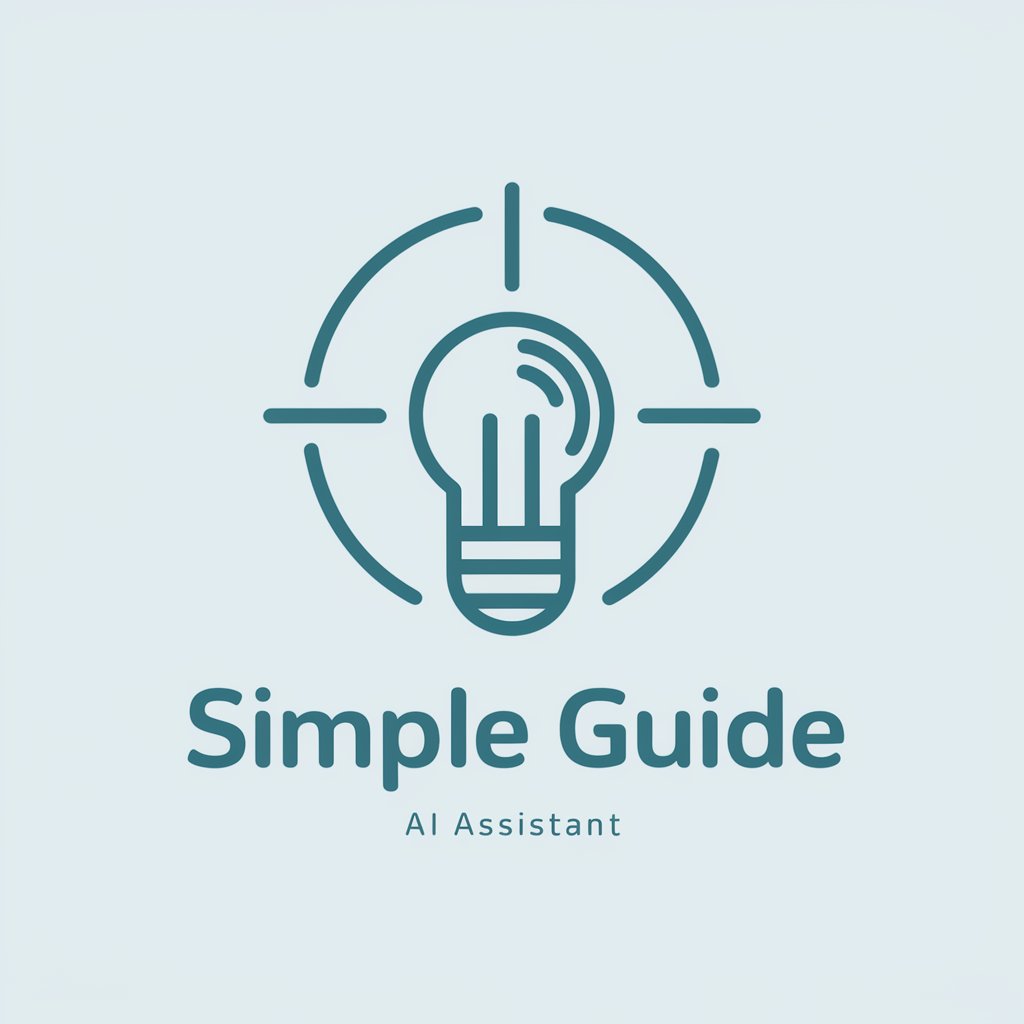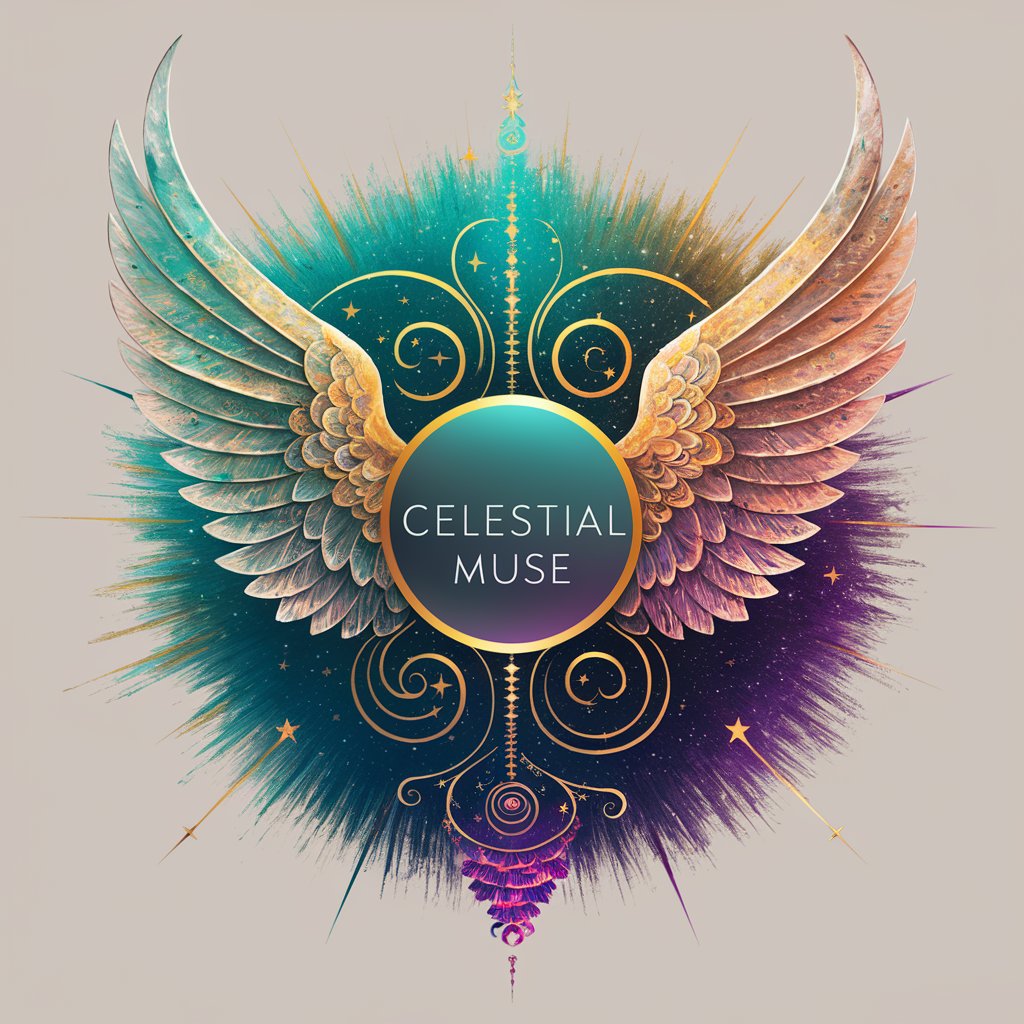Unit 6 - Reproduction - Educational Question Generator

Welcome to Unit 6 - Reproduction. Let's create effective NEET questions together.
AI-powered Educational Assistant
Explain the process of...
Describe the structure and function of...
What are the key differences between...
How does the hormonal regulation of...
Get Embed Code
Introduction to Unit 6 - Reproduction
Unit 6 - Reproduction, part of the CBSE NCERT Biology curriculum for grade 12, focuses on the biological and physiological processes involved in reproduction across different species. It comprises chapters on sexual reproduction in flowering plants, human reproduction, and reproductive health. Each chapter delves into the complexities of reproduction from botanical and human perspectives, exploring anatomical structures, physiological processes, and social implications. For example, the chapter on human reproduction covers the anatomy of male and female reproductive systems, gametogenesis, and the menstrual cycle, providing insights into the intricacies of human reproductive health. Powered by ChatGPT-4o。

Main Functions of Unit 6 - Reproduction
Educational Resource
Example
Creating NEET exam questions based on textbook content.
Scenario
Used by educators to design curriculum-aligned biology exams for pre-medical test preparation.
Guidance on Reproductive Health
Example
Discussion on contraceptive methods and their importance.
Scenario
Used in health education to inform students and the public about safe sex practices and family planning.
Insight into Plant Reproduction
Example
Explaining the process of double fertilization in flowering plants.
Scenario
Helps students in understanding plant biology and aids in research and education on plant reproduction.
Ideal Users of Unit 6 - Reproduction Services
Students
High school and college students who need to understand the complexities of reproductive systems for academic purposes, particularly those preparing for exams like the NEET.
Educators
Biology teachers and academic professionals who require comprehensive, reliable, and curriculum-aligned content to teach topics on human and plant reproduction.
Healthcare Professionals
Medical practitioners and public health educators who need detailed information on human reproductive health to better inform and treat patients or conduct community health sessions.

How to Use Unit 6 - Reproduction Effectively
Step 1
Visit yeschat.ai for a free trial, no login or ChatGPT Plus subscription required.
Step 2
Select the NEET Examination Questions generator from the available tools to start creating custom questions from Unit 6 - Reproduction.
Step 3
Choose the specific chapter within Unit 6 to focus on: Sexual Reproduction in Flowering Plants, Human Reproduction, or Reproductive Health.
Step 4
Input the specific topics or pages you need questions for to ensure the questions are tailored to your needs.
Step 5
Use the generated questions for practice, assessments or teaching materials in biology classes.
Try other advanced and practical GPTs
Backrooms Generator
Craft Infinite Backrooms Worlds AI-Powered

Backrooms & SCP TTRPG
Unleash the unexplored with AI-driven horror

AI in Urban Planning and Smart Cities GPT
Empowering Urban Innovation with AI

Sage Insights
Automate Smarter, React Faster

Simple Translator
Translate instantly with AI power

Simple Guide
Simplify Complexity with AI

Celestial Muse
Visualizing Dreams with AI Artistry

SCP 914
Transforming the Ordinary into the Extraordinary with AI

Mulher Virtuosa
Empowering through Proverbs 31 Wisdom

Verdant Dominion GPT
Craft Games with AI Power

bird
Master Expressionism with AI

Metropolis (1927) 👁️🌆🚶♂️🏃♂️😱
Relive cinematic history with AI

Frequently Asked Questions about Unit 6 - Reproduction
What type of questions can I generate with Unit 6 - Reproduction?
You can create detailed NEET examination questions focused on Sexual Reproduction in Flowering Plants, Human Reproduction, and Reproductive Health.
How can I ensure the questions match my curriculum?
By inputting specific pages or topics from the NCERT textbook, the tool tailors questions to align perfectly with your curriculum needs.
Can I use this tool for purposes other than exam preparation?
Yes, it's also suitable for creating practice questions for classroom discussions, homework assignments, and enhancing general understanding of reproductive biology.
Is there a limit to how many questions I can generate?
No, you can generate as many questions as you need, allowing for comprehensive coverage of the curriculum.
What formats are the questions available in?
Questions are available in multiple-choice format, complete with correct answers and detailed explanations, suitable for exam preparation.
